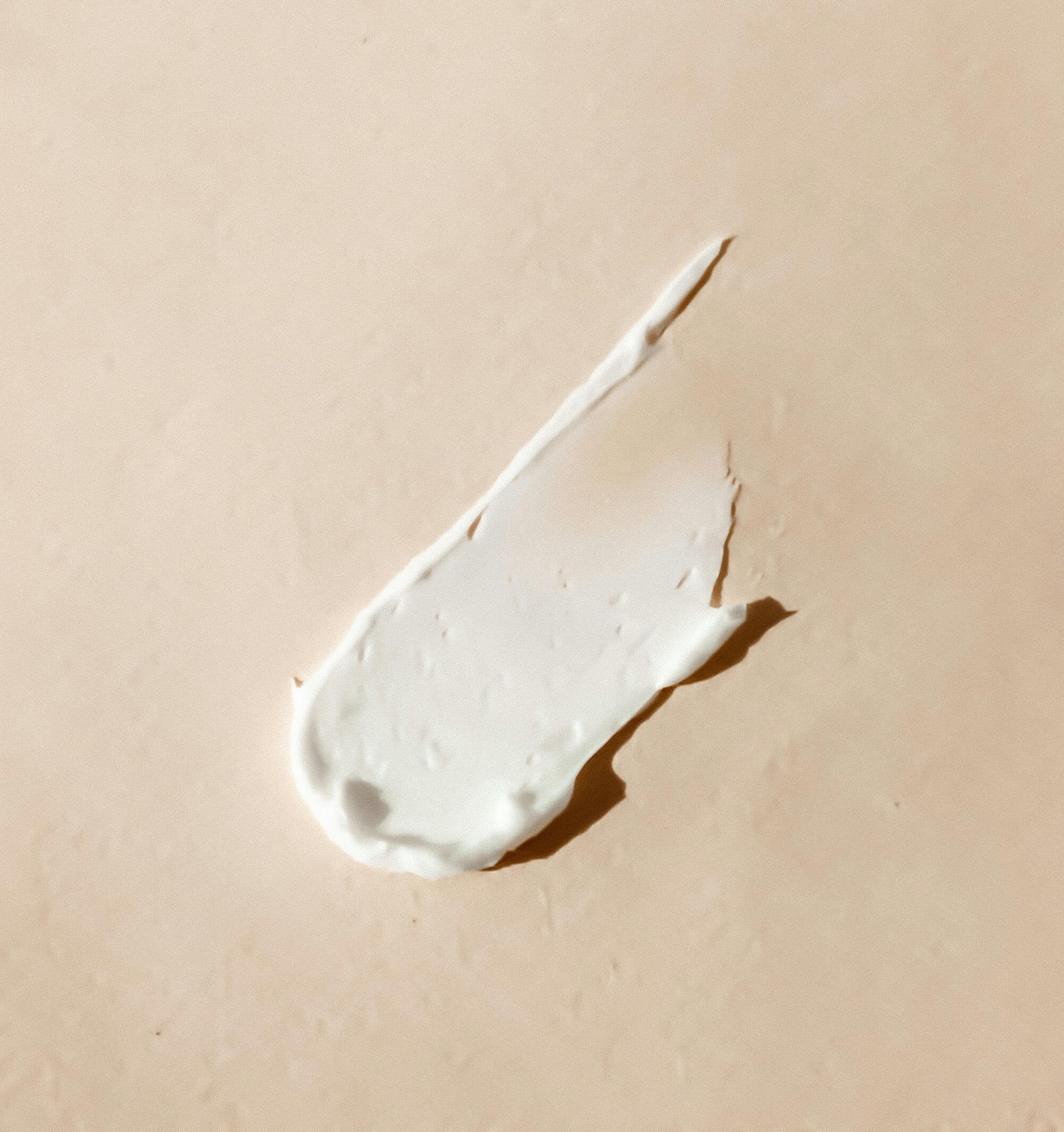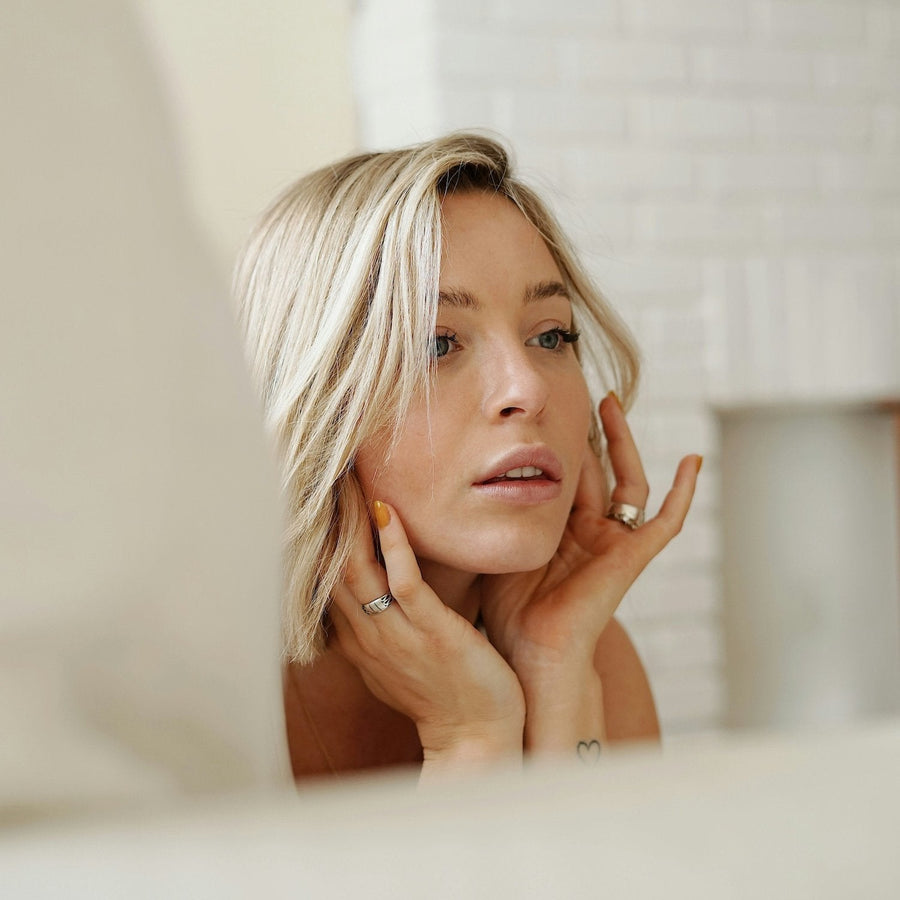
Acne FAQ
What causes acne?
There are several factors that stem from acne breakouts including genetics, hormones, excessive oil production, bacterial infection, or clogged hair follicles. Pimples are formed when pores get blocked and the oily substance called sebum builds up under the skin. At least 85 percent of people in North America experience some form of acne between the ages of 12 and 24 years.
How do you treat it?
Mild acne can be treated by using over-the-counter (OTC) medications, such as gels, soaps, pads, creams, and lotions, that are topically applied. They help to control the bacteria, slow down sebum formation, and reduce swelling. However, severe or persistent breakouts of acne might require a prescription-strength solution. For highly effective acne treatments, call us today to schedule your consultation. Dr. Alanen and his professional team can help you find an individual treatment plan that is right for you.
Can it be cured?
First, the bad news: acne cannot be “cured” in the strict sense of that term. This is very important to be aware of, particularly in the era of misinformation online.
Now, the good news: The approaches that are used by award-winning Dermatologist Dr. Alanen usually gets this into a sustained remission.
The goals of ALL acne therapeutic regimens are:
- to have as few pimples as possible
- to prevent acne scars – these are permanent
- to have a regimen that is individualized, convenient and as inexpensive as possible.
We strongly believe that successful acne therapy results in part on rapid access to a board certified dermatologist – look for “FRCPC” (Fellow of the Royal College of Physicians and Surgeons of Canada) when you are assessing a physician’s credentials.
It is a time honoured observation that there can be a relatively short interval between the appearance of acne bumps and permanent acne scars. Scars are disfiguring and can be psychologically devastating. Hence, here is a compelling desire for access to a formally trained dermatology specialist; that is the driving force behind the acne.ca service.
There are multiple different pharmacologic approaches to acne therapy, including topical creams, antibiotic pills, retinoid pills (such as Accutane), hormonal pills (e.g. birth control pills, spironolactone). Non-pharmacologic procedures can help improve acne as well (e.g. chemical peels, Isolaz laser, Dermasweep etc.).
Acne Medical Therapies (Prescriptions)
Retinoid Creams and Gels
Retinoids (Vitamin A derivatives) are prescription topical medications which are specifically engineered to enter into your skin follicles (pores) and help get and keep them open thereby preventing pimples. They are commonly used in active acne therapy and also as part of an acne relapse prevention routine. They may occasionally irritate the skin (burning, redness and peeling); this is not allergy, but an intrinsic property of all vitamin A preparations. These creams need to go on all acne-prone areas – i.e. these are not “spot” treatments. Common generic names are tretinoin, adapalene, and tazarotene.
Benzoyl Peroxide (BPO)
Benzoyl Peroxide works by killing overgrown Cutibacterium (formerly known as Proprionibacterium) bacteria within pores. It also helps to dissolve clogs and loosen coagulated oil as well as environmental debris, dried up makeup etc. BPOs may be combined with clindamycin (an acne-killing antibiotic). On occasion, benzoyl peroxide may cause skin irritation and can bleach clothing and sheets (but not human skin). They are excellent preparations and they also decrease the risk of developing antibiotic resistance (for those who also require antibiotic pills).
Topical Dapsone Gel
Dapsone gel is primarily used to treat acne. Here's how it works:
- Anti-inflammatory Action: Dapsone has anti-inflammatory properties that help reduce the redness and swelling associated with acne. It inhibits the production of certain inflammatory chemicals in the skin.
- Antibacterial Properties: Although the exact mechanism isn't fully understood, dapsone also has antibacterial effects that help to reduce the presence of acne-causing bacteria (such as Propionibacterium acnes) on the skin.
- Keratolytic Effects: Dapsone may have mild keratolytic effects, meaning it helps to exfoliate the skin and prevent the clogging of pores, which is a common cause of acne.
When applied as a gel, dapsone is directly delivered to the affected areas of the skin, which helps to minimize systemic side effects and focuses the treatment on where it's needed most. It's usually applied once or twice daily, depending on the severity of the acne and the recommendation of Dr. Alanen.
Cosmeceuticals
This term brings together cosmetic and therapeutic. The non-prescription part of your acne care is very important for your best possible complexion. It is very important to use a cleansing and moisturizing system that will not irritate your skin and not adversely interact with your prescription. The non-prescription part of your skin care routine should work with your prescription. Dr. Alanen is co-founder of Revoderm, a highly effective cosmeceutical skin care line. An individualized acne skin care approach can be put together by Dr. Alanen’s highly experienced team.
Systemic Antibodies (antibiotic pills)
No cream or gel can penetrate sufficiently deep into the skin to treat deep inflammatory acne bumps – you know, the painful red zit which never quite makes it to the skin surface. These types of acne lesions usually respond to antibiotic pills. The use of topical maintenance regimens cannot be overemphasized, but they are often insufficient by themselves.
There are valid criticisms about the use of antibiotics, namely:
- They work great when you are on them, but the acne returns as soon as they are stopped. This underscores the need for the right topical prescription and cosmeceuticals. Dr. Alanen prescribes antibiotics with the mindset that they “buy time” for the topicals to open pores, dissolve clogs and, by extension, prevent scarring.
- There is concern about the development of antibiotic resistance. This is a genuine concern – for you and for the general public. Topical retinoids, benzoyl peroxides and certain cosmeceuticals have been shown to minimize this important phenomenon.
- There is concern about disruption of the gut microbiome (killing of the “good” bacteria). This is a valid concern as well but use of retinoids, benzoyl peroxides, cosmeceuticals as well as probiotics can mitigate these risks.
Doxycycline
This is an antibacterial and anti-inflammatory medication. It has been around for many, many years and it has an enviable track record in terms of effectiveness, safety and price tag. Doxycycline is safe and effective for many people with deep acne bumps. The most important side effect is sun-sensitivity; this can be immunized by taking doxycycline in the evening and using non-comedogenic zinc oxide based sunscreens. Occasional people report gastrointestinal upset (including gastroesophageal reflux – “GERD”) which goes away when the medication is stopped. Low dose, sustained release doxycycline is a new therapeutic option which does not kill “good” bacteria and is safe. Like minocycline, this medication is much better absorbed as compared with tetracycline (and is much more convenient – once per day as compared with four times per day).
Minocycline
As with doxycycline, this is an anti-inflammatory as well as antibacterial pill. It is highly effective for many people with deep-seated acne lesions (about 85% in fact). As with doxycycline, sun-sensitivity and gastrointestinal upset may occur. Minocycline has important but rare side effects including transient vertigo / dizziness, skin pigmentation with prolonged use, liver toxicity and drug-induced lupus. These side effects resolve without untoward health effects when the medication is discontinued. Like doxycycline, this is much better absorbed as compared with tetracycline (and is much more convenient – once per day as compared with four times per day).
Sulfa (Sulfonamide) Medications
Several different sulfa (sulfonamide) medications exist (e.g. Bactrim, Septra) which have excellent anti-acne properties. Rare but important side effects including skin rash, bone marrow suppression and liver toxicity can occur. Thus, this class of medications is used as a second line approach (i.e. if doxycycline / minocycline are not helpful or if there is allergy to the tetracycline class of medications).
Oral Contraceptive Pills (OCPs)
OCPs are excellent treatment option for many females who have stubborn deep acne lesions – especially acne that worsens just before or during menstrual periods and / or acne of the lower face and chin area. Not all OCPs are the same when it comes to acne therapy, however. OCPs have rare but important side effects including a risk of blood clots (this is more likely in people with a personal or family history of blood clots, patients over age 35 and in individuals who smoke). OCPs don’t work immediately but randomized controlled trials consistently demonstrate a statistically significant improvement in acne treated with OCPs compared to placebo by the end of the third menstrual cycle.
Spironolactone
Spironolactone is a hormonal therapy (a potent antiandrogen that decreasing testosterone production and by inhibiting testosterone activity in the skin). This medication in older individuals is often used as a therapy for blood pressure as it is also a diuretic (and as such, you may find that urination is more frequent). This medication works best when combined with birth control – i.e. they are more effective when used together as compared with either medication alone. It cannot be used in men and as it causes feminization type side effects such as gynecomastia.
Isotretinoin (Accutane)
Accutane is extraordinarily effective for the treatment of severe acne. Absolutely nothing rivals its effectiveness. However, it has a significant potential side effect profile (including elevation of cholesterol, triglycerides, liver toxicity and – most importantly – birth defects). This necessitates regular visits to the dermatologist as well as bloodwork. Almost everyone on isotretinoin experiences dryness of skin and lips and eyes. Accutane is associated with very severe birth defects (“teratogenicity”) in everyone who becomes pregnant while taking this medication. Thus, at least two forms of contraception are required for sexually active females on this medication. Males on this medication should use condoms.
There are claims that isotretinoin causes depression but no clear-cut link has ever been demonstrated. As you likely imagine, the overwhelming majority of patients are highly satisfied with breakout-free skin once the regimen with isotretinoin is finished. Nevertheless, it is prudent to alert your doctor to any significant mood change with that occurs during isotretinoin therapy. Unless there is a compelling need, isotretinoin should be used no more than twice (i.e. two full courses) because of the inevitability of cholesterol and triglyceride elevation during therapy.
Get In Touch
If you have issues with acne, whether you are a teen or an adult, book a complimentary consultation by calling us at (403) 202-4038 (cosmetic) or 403-457-1900 (medical) or completing the submission form on this page.
One of our acne specialists will assess your condition, and provide treatment options.

*Fields marked with an asterisk are required.

0% FINANCING OPTION

















